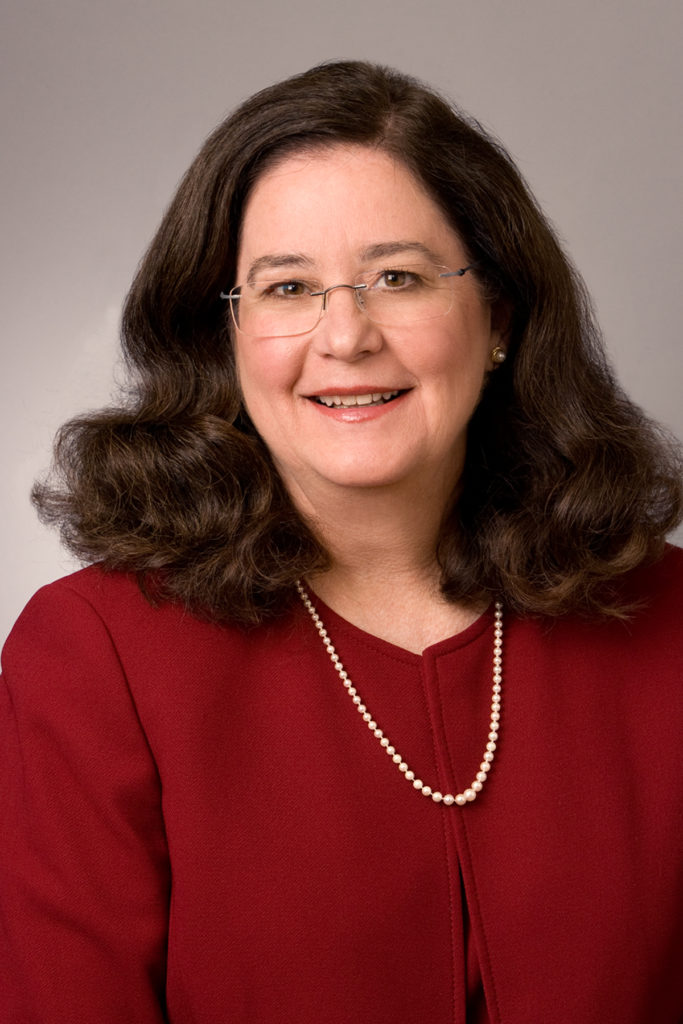In late August 2013, CMS published the following announcement regarding “abandonment” of patients:
- MLN Connects Provider eNews 08/22/13.
- Replacement of Home Oxygen Services in the Event that a Supplier Exits the Medicare Oxygen Business.
- Effective immediately, CMS will allow for the replacement of oxygen equipment in cases where a supplier exits the Medicare oxygen business and is no longer able to continue furnishing oxygen and oxygen equipment. In these instances, the oxygen equipment will be considered lost and a new 36-month rental period and reasonable useful lifetime will begin for the new supplier furnishing replacement oxygen equipment on the date that the replacement equipment is furnished to the beneficiary.
 Suppliers exiting the Medicare oxygen business with patients that they were unable to transfer to new suppliers should be aware that they are in violation of the statutory and regulatory requirements for furnishing oxygen equipment both before and after the payment cap. As such, oxygen suppliers that do not fulfill their oxygen obligations and voluntarily exit the Medicare oxygen business are not in compliance with the DME supplier standards set forth at 42 CFR 424.57(c).
Suppliers exiting the Medicare oxygen business with patients that they were unable to transfer to new suppliers should be aware that they are in violation of the statutory and regulatory requirements for furnishing oxygen equipment both before and after the payment cap. As such, oxygen suppliers that do not fulfill their oxygen obligations and voluntarily exit the Medicare oxygen business are not in compliance with the DME supplier standards set forth at 42 CFR 424.57(c).
This is particularly relevant in the competitive bidding arena. A DME supplier may be motivated to walk away from its oxygen business after losing out on a competitive bid contract. Without the influx of new patients, the Medicare oxygen business can quickly become unprofitable. CMS has used this announcement to protect oxygen patients in the event their supplier walks away from the business, leaving the patients “abandoned” with nowhere to go for equipment repairs. Allowing the 36-month rental period to restart by classifying the equipment as “lost” is an incentive for new suppliers to assume responsibility for the abandoned patients.
This announcement appears to be meant to deter DME suppliers, that provide DME products in addition to oxygen equipment, from voluntarily leaving the Medicare oxygen business without fulfilling their oxygen obligations to patients. The “deterrence” is CMS’s statement that such abandonment is a violation of the supplier standards, and could lead to the revocation of the DME company’s Part B supplier number. It appears that CMS does not want a DME supplier, that provides a variety of products, to drop its oxygen business because it is no longer profitable.
The DME MACS have published additional guidance that states:
- Suppliers voluntarily exiting the program must provide a minimum of thirty (30) days notice to the beneficiary of their intention to no longer provide oxygen therapy services. This must be provided in writing and must take one of two forms:
-
- A letter to the beneficiary notifying [him/her] of the supplier’s intention to discontinue oxygen therapy services. The letter must specify a date upon which this will occur; or
-
- Working with the beneficiary, a letter to a new supplier selected by the beneficiary, transferring provision of oxygen therapy services to the new supplier as of a specific date.
 For suppliers that assume responsibility for beneficiaries from suppliers that have elected to voluntarily exit the Medicare oxygen business, claims for replacement equipment must:
For suppliers that assume responsibility for beneficiaries from suppliers that have elected to voluntarily exit the Medicare oxygen business, claims for replacement equipment must:
- Include the RA modifier (replacement of a DME item) on the claim line(s) for the replacement equipment; and
- Document in the narrative field of the claim that “Beneficiary acquired through supplier voluntarily exiting Medicare program” or similar statement.
- When submitting claims electronically, use loop 2400 (line note), segment NTE02 (NTE01+ADD) of the ASC X12, version 5010A1 electronic claim format.
- When billing using the Form CMS-1500 paper claim, include the narrative information in item 19 of the claim form.
In addition to providing the above information on the replacement equipment claim, in the event of an audit, suppliers should be prepared to provide documentation demonstrating that the beneficiary was transferred from a supplier exiting the Medicare oxygen program. Examples of documentation to meet this requirement are either:
- Copy of notice sent to the beneficiary from the old supplier indicating that the supplier’s services were being terminated; or
- Letter from the old supplier to the new supplier indicating transfer of the beneficiary due to the voluntary exit from the Medicare program; or
- Attestation statement from the beneficiary indicating that the beneficiary [(or his/her caregiver)] has attempted to contact [his/her] existing supplier and has been unable to obtain service.
- If the new supplier is unable to obtain the documentation required above, the supplier may not append the RA modifier to the claim and may not initiate a new 36-month capped rental period.
Suppliers accepting transfer of beneficiaries are reminded that all Medicare rules apply. This includes obtaining:
- New order.
- New initial Certificate of Medical Necessity (“CMN”).
-
- Repeat blood gas testing is not required. Enter the most recent qualifying value and test date. This test does not have to be within 30 days prior to the Initial Date. It [can] be the test result reported on the most recent prior CMN.
-
- There is no requirement for a physician visit that is specifically related to the completion of the CMN for replacement equipment.
- Medical necessity documentation as outlined in the Oxygen LCD.
What if the exiting supplier sells its business (or oxygen assets) to another supplier? In a bona fide asset sale, the asset sale allows for the continuation of patient support and service by the buyer; therefore there is no abandonment. It is Brown & Fortunato’s position that a supplier, that assumes responsibility for patients who transfer to the supplier pursuant to a bona fide asset sale, is not eligible to restart the 36 month rental for such patients.
The “take away” for the DME supplier exiting the oxygen market is that if it can sell its business to another supplier, thereby insuring the orderly transition of oxygen patients, then that is the preferable course of action to take. If the exiting supplier cannot find a buyer for its business, then it needs to give the required advance notice to the beneficiary. The “take away” for the new supplier that intends to bill for the entire 36 months is that the supplier needs to properly submit the claim and obtain the necessary documentation to withstand an audit.
Jeffrey S. Baird, JD, is Chairman of the Health Care Group at Brown & Fortunato, PC, a law firm based in Amarillo, Texas. He represents pharmacies, infusion companies, HME companies and other health care providers throughout the United States. Mr. Baird is Board Certified in Health Law by the Texas Board of Legal Specialization, and can be reached at (806) 345-6320 or jbaird@bf-law.com.
Lisa K. Smith, JD, is an attorney with the Health Care Group at Brown & Fortunato, PC, a law firm based in Amarillo, Texas. She represents pharmacies, infusion companies, HME companies and other health care providers throughout the United States. Ms. Smith is Board Certified in Health Law by the Texas Board of Legal Specialization, and can be reached at (806) 345-6370 or lsmith@bf-law.com.

